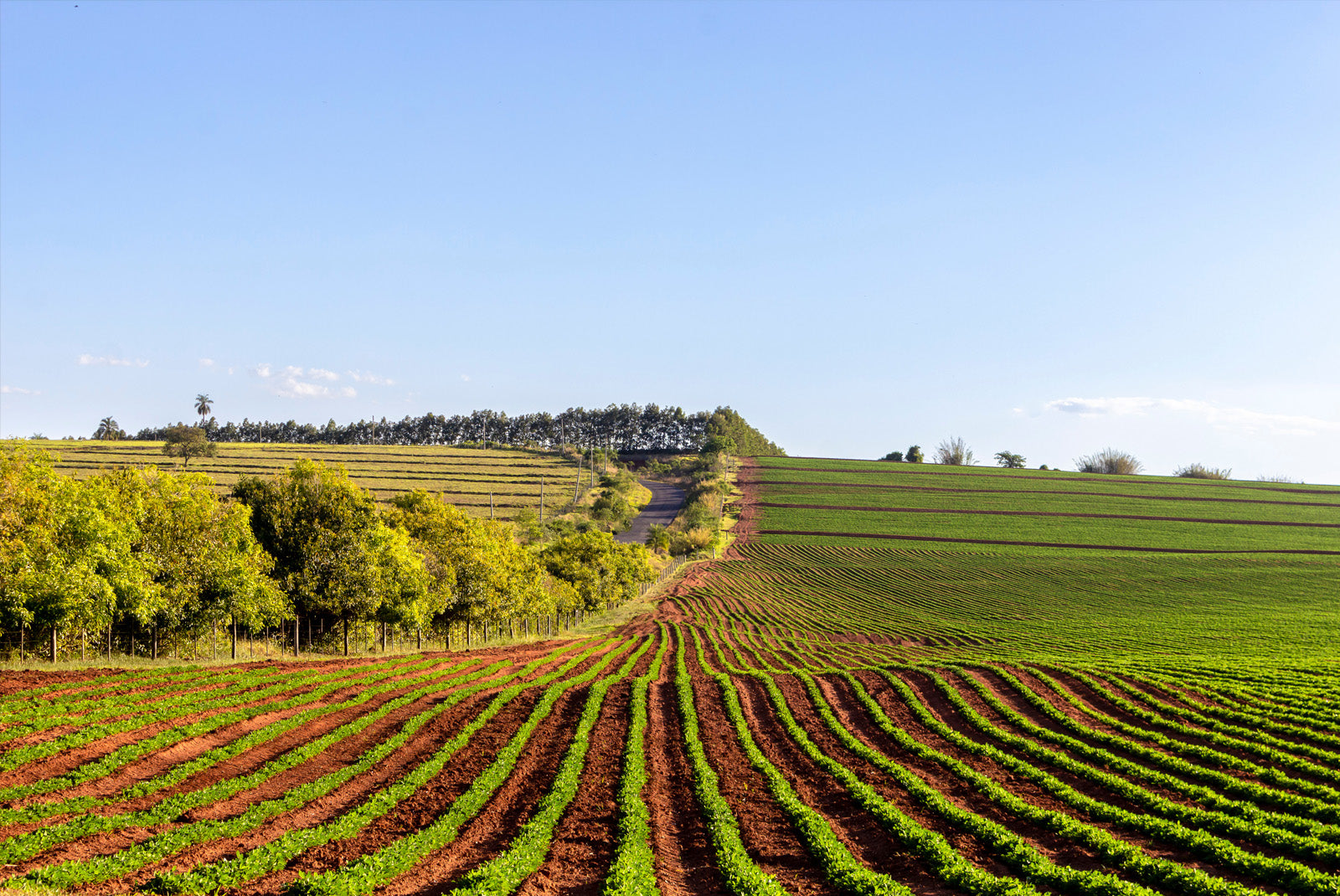GrainSense in Brazil: Immediate grain quality analysis accelerates agricultural processes

Gehaka, a Brazilian based company, is in the business of agricultural measuring devices, manufacturing e.g. moisture meters, and importing various devices supplementing their own product line. A recent addition to their offering is the GrainSense Handheld Analyzer A2.
Gehaka is a family-owned business, founded in 1956, that has long roots in the field of agriculture. Currently it is managed by the second generation, with Mr. Christian Kaufmann as the president. Their own product line includes moisture meters, in addition to which they import several types of instruments and analyzers, and they run an accredited testing laboratory – so they truly are the well-recognized experts of agricultural testing in the Brazilian market.
The agricultural sector in Brazil is quite traditional, but data-driven processes are increasingly gaining ground there as well, starting from food and feed industries, seed breeders, research organizations and cooperatives. Higher quality grain is requested for by different actors in the grain value chain, which increases interest and demand towards modern solutions in grain quality monitoring. Always looking for new technologies for their customers, Mr. Kaufmann found the GrainSense solutions and saw them fit the needs at the market perfectly.
From traditional ways to real-time results
The GrainSense A2 Handheld Analyzer enables easy real-time measurements of several different grain species. The traditional way to control grain quality is by delivering samples to laboratories and getting results back later, or in cases of some large companies, to do controls of grains using conventional benchtop devices. As the process is quite cumbersome, have customers realized the potential a portable analyzer unit can bring in expediting many processes requiring grain quality control.
Mr. Kaufmann introduces us to two of his customer cases, where accelerating the quality control process has truly brought benefits to their customers.
“The first customer purchasing the GrainSense A2 unit was a Brazilian tofu producer. He was looking for a solution to speed up the process of receiving soybeans from suppliers as the raw material of the tofu production. After seeing a demonstration of using the A2 in action, he placed the order the very next day. He saw how fast he’ll get the results – being able to immediately test a sample when receiving soybean batches – and how that could expedite their internal production”, Mr. Kaufmann explains.
Many Brazilian wheat farmers are associated with cooperatives to gain economies of scale. One of Gehaka’s customers is a large cooperative that has wheat mills in the southeast region of Brazil and that produce flour for the food industries, which is why they are especially interested in the carbohydrate content of their crops. “They wanted to accelerate the process in receiving the wheat for their production. They separate batches with high carbohydrate content. Therefore, it’s very useful for them to take real-time measurements, and make decisions immediately according to the results”, Mr. Kaufmann tells us.
Impressive results with a portable analyzer
Both the team at Gehaka and their customers have been impressed with the GrainSense A2 Handheld Analyzer.
“We are very impressed with the quality of the measurement, compared to referenced, more traditional methods used in laboratories. The GrainSense portable unit is very precise and gives measurements with high readability. There are no adjustments needed on the measurements, so it’s easy to use for anyone.”
Their customers have also realized the measurement results with the GrainSense A2 Analyzer are similar to reference devices they use in laboratories.
“And in addition to this impressive portable solution, all support from GrainSense is great. We are very happy with the potential we see in this cooperation and what we can do to help the agricultural market in Brazil”, Mr. Kaufmann finally states.




